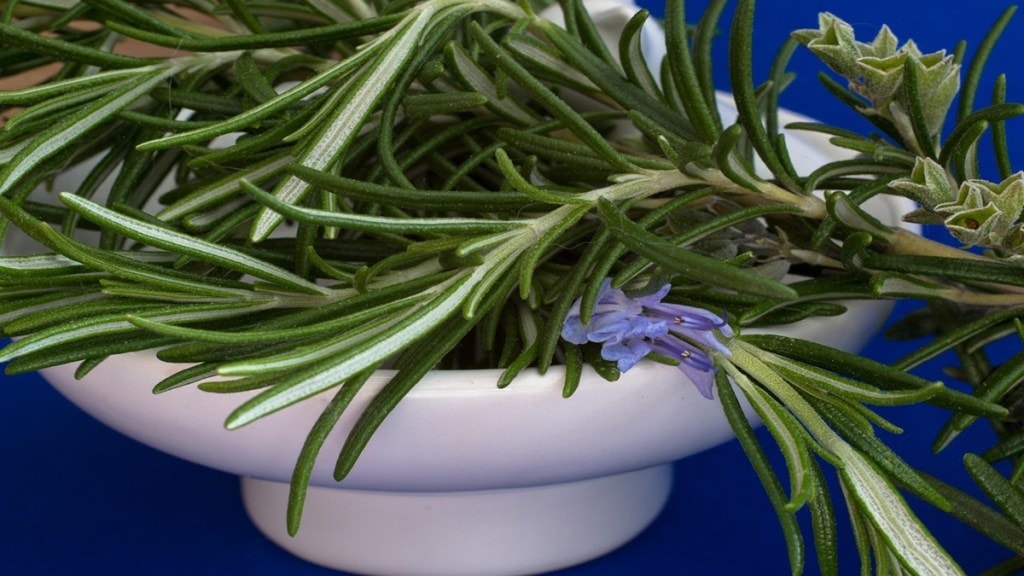A commonly found herb may have the potential to cure Alzheimer’s disease, a progressive neurodegenerative disorder. A new study has revealed that Carnosic acid is found in rosemary and sage and is known for its antioxidant and anti-inflammatory properties, Science Alert reported.
It is noteworthy that Carnosic acid is unstable in its pure form. According to the Science Alert report, the scientists have synthesised a stable derivative of the compound, which showed promising results in mouse models of Alzheimer’s.
“We did multiple different tests of memory, and they were all improved with the drug. It didn’t just slow down the decline, it improved virtually back to normal,” neuroscientist Stuart Lipton, from the Scripps Research Institute said as quoted by Science Alert.
Lipton and his colleagues are hopeful that this same treatment could be used for other conditions linked to inflammation – from type 2 diabetes to Parkinson’s. The researchers found that carnosic acid has anti-inflammatory properties.
Reportedly, it is also possible that diAcCA drugs may be used alongside other treatments for Alzheimer’s that are now available. Since, this form of carnosic acid is already known to be safe for consumption.
Consequently, the researchers are hoping new medications can be developed on an accelerated schedule. “It could make existing amyloid antibody treatments work better by taking away or limiting their side effects,” says Lipton.
The findings of the study were published in Antioxidants recently.
